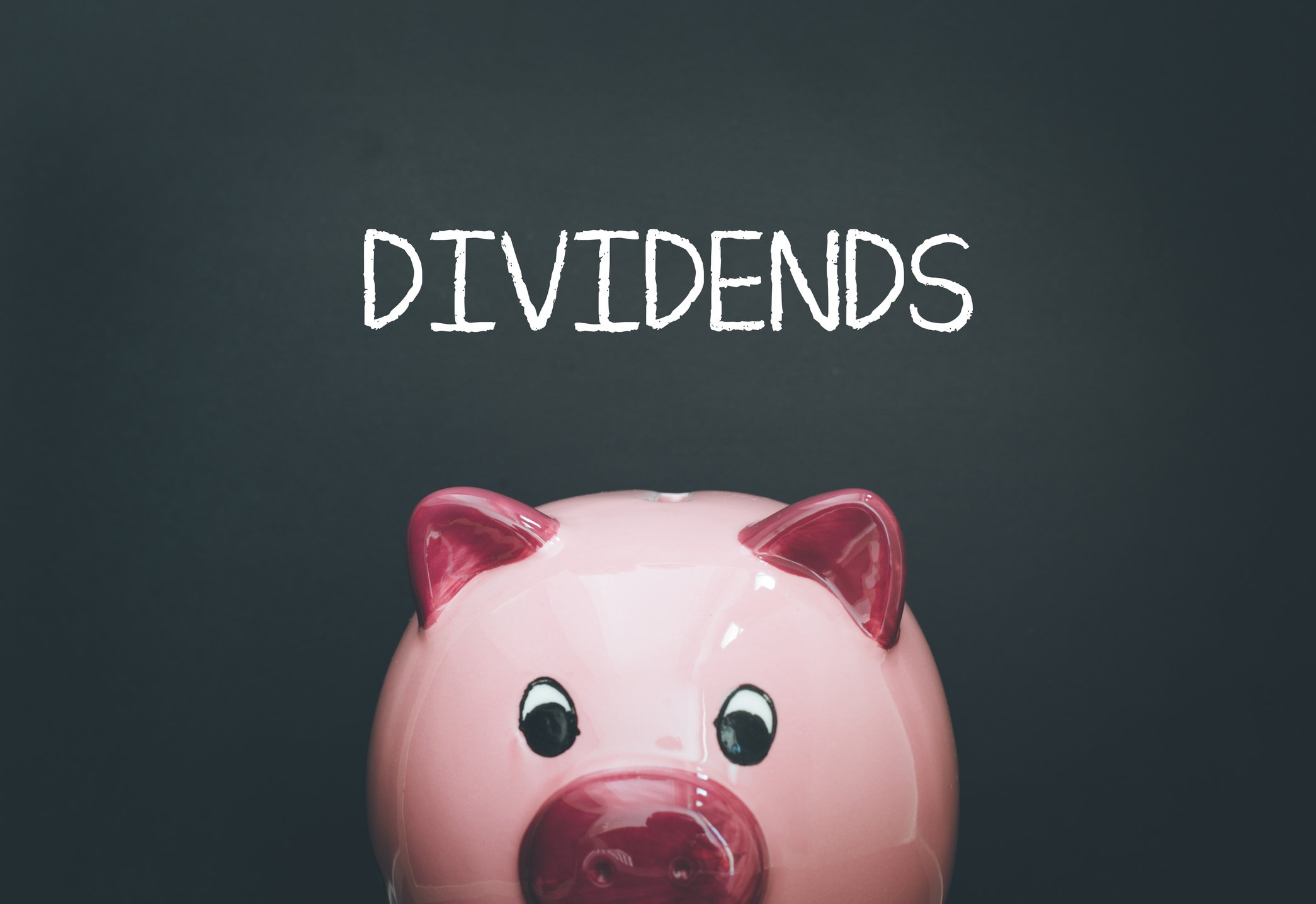Both Berkshire Hathaway (NYSE: BRK-A)(NYSE: BRK-B) and IBM (IBM 0.82%) have been powerful and influential companies for decades. In spite of their many differences in business model and strategy, they've long had their size and prominence in common.
That's not all. Both have often delivered strong returns for their shareholders; let's figure out which has the better shot at delivering more in the coming years.

Image source: The Motley Fool.
The IT veteran
IBM has been in business for well over a century, and it's impressive that the company is still a big player in the IT sphere. It's managed to do this by adjusting its business model to reflect general trends in the market.
These days, after several pivots over the years, it has staked its future on cloud computing. Its hope is that hybrid cloud computing, in which clients utilize a raft of different cloud services depending on need and demand, will be a hot area.
IBM is really putting its money where its mouth is. Last year it agreed to acquire open-source cloud software giant Red Hat (RHT +0.00%) in a monster $34 billion deal (Berkshire Hathaway, by the way, has a big position in Red Hat).
That $34 billion isn't chump change, even for a company of IBM's size and scope. Although Red Hat is a generally profitable business that throws off cash, IBM has to borrow to pay for it, which will act as a drag on earnings. Despite this, the buy is a bold, decisive move that will greatly shore up IBM's business and enlarge its presence in the all-important cloud.
One piece of good news for shareholders is that, despite its going deeper into hock to wear Red Hat, IBM remains committed to its dividend -- which is very close to reaching Dividend Aristocrat status. This payout is a meaty one, as it currently yields almost 4.9%.
Berkshire means Buffett
When you buy shares of Berkshire Hathaway, you are of course buying into the investing acumen and experience of its founder and CEO Warren Buffett.
This is meaningful. Buffett has not only captained Berkshire's famous stock portfolio, he's also the one who built the company's juggernaut of an insurance operation. On top of that, Berkshire has a sprawling collection of "operating businesses," i.e. nonpublic companies, in various business sectors (railroad transport, retail, manufacturing, etc.).
Berkshire's growth has snowballed over the years. Its stock portfolio value alone increased to $199 billion in the first quarter of 2019, up from $183 billion a mere one quarter previously. Despite the presence of a number of clunkers -- Kraft Heinz leaps immediately to mind, as does stumbling bank Wells Fargo -- Berkshire's portfolio is generally a strong collection of cash-generating and profitable companies that know how to grow.
Outside of that, the company's two other big revenue streams are getting wider. Both its massive insurance operations and business operations have upped their revenue and net profitability lately, if not necessarily at spectacular rates.
Better and best
I like both of these companies, so it isn't easy to pick one over the other. I feel IBM is on a good track by setting hybrid cloud computing as a priority; it's a segment positioned for significant growth. However, the company's already large debt pile will only get more burdensome with the Red Hat buy, and the company is going to be under pressure to keep its very attractive dividend generous.
Yet you can rarely go wrong by betting on Buffett -- Berkshire's three-barreled approach really keeps the cash flowing in (actually, Berkshire's mountain of cash has even become a bit of a problem). The current situation with nature wreaking havoc in various parts of the country could put the squeeze on its insurance operations, but Berkshire's survived tough times before and come out ahead, so I'm not worried.
For me, IBM is more of a gamble these days. If its current initiatives don't take off in a meaningful way, its debt burden could eat away at the company's profits and even make its hallowed dividend vulnerable. By contrast, Berkshire's businesses seem solid, and its stock portfolio is overall a high-quality collection.
Ultimately, then, I'm going with Berkshire on this one.








